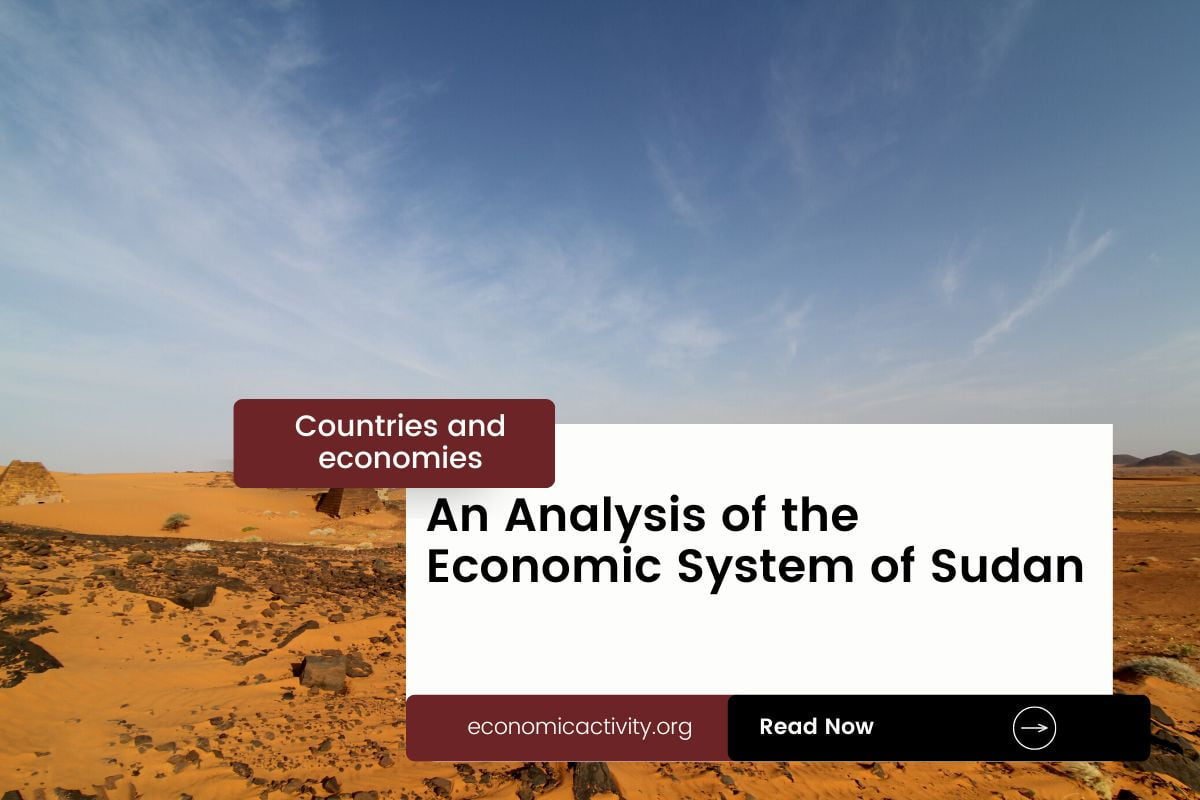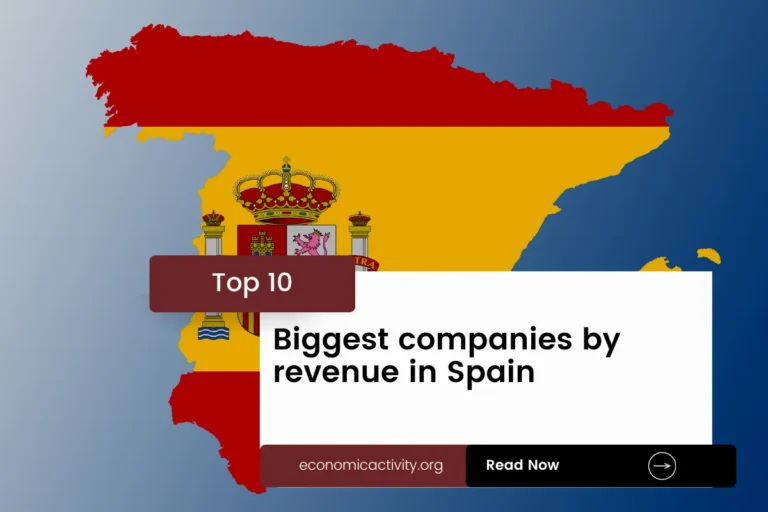What is the economic system of Sudan? The economy of Sudan is based on a mixed economy. The country’s economic system combines elements of a market economy and a planned economy.
Sudan’s economy is primarily based on agriculture, with key sectors including cotton, sorghum, and livestock. The country has significant mineral resources such as gold and petroleum, which contribute to its export earnings. Services and industry sectors, including textiles and food processing, also play a role in Sudan’s economy.
In Sudan, the economy is composed of a private sector, consisting of individuals and businesses that make autonomous decisions based on self-interest, and a public sector, where the state determines the production and distribution of certain goods and services. No country is purely capitalist or purely communist.
What do the freedom indexes tell about the economic system of Sudan?
Now, to determine if a country is mostly a market economy or a planned economy, it is useful to examine some economic indexes. For instance, according to the 2022 Index of Economic Freedom, which measures the ability of every human to control his own labor and property, Sudan is ranked 174th globally and 47th in Sub-Saharan Africa indicating that the country has a repressed economy.
In a similar way, the 2022 Freedom House index evaluates the state of political rights and civil liberties globally. Generally, market economies tend to align more with democracy and freedom, while command economies tend to be characterized by greater state control and fewer democratic and civil liberty protections. Sudan gets a score of 10/100, which qualifies it as Not Free.
Sudan is a country where the government controls what people do for political reasons, and people have limited freedom to choose (what, how much, and how to produce, whether to buy or not, selling price, etc.)
What do the biggest companies in Sudan say about the country’s economic system?
The biggest company in Sudan should also be looked at, as well as whether it is a state-owned or private company. In this case, Zain Sudan is a leading telecom provider in Sudan, offering mobile, internet, and financial services. The company is owned by Zain Group, a Kuwait-based private telecommunications company. The biggest company in the country is privately owned.
The historical factors that have influenced the economic system of Sudan
The current mixed economy system of Sudan is the result of the country’s colonial history, its reliance on oil exports, and its reliance on foreign aid.
The colonial period saw the introduction of a market-based economy, while the oil industry provided a major source of income for the country. Additionally, foreign aid has helped to prop up the economy, allowing for increased investment in infrastructure and social services and its development as a market economy.




Leave a Reply